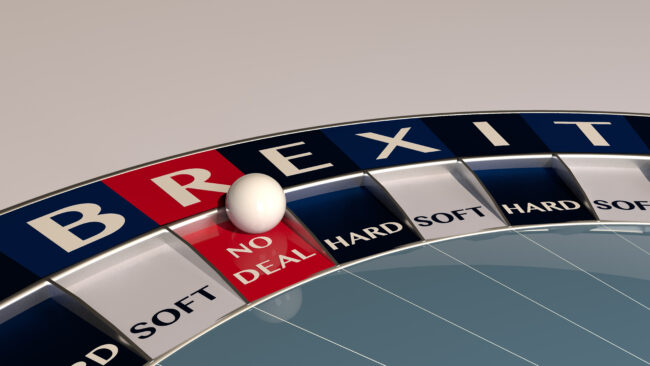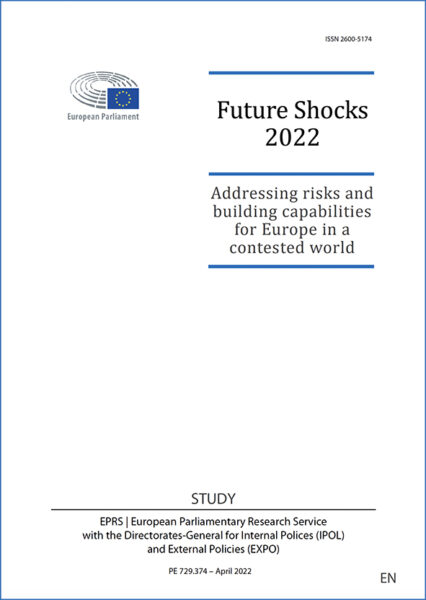On 23 June, 51.9 % of British voters opted for “Brexit”, the UK’s exit from the European Union. Following that vote, Prime Minister David Cameron handed over the premiership to Theresa May, which means that she will be responsible for negotiating the conditions of that exit with her future European ex-partners. It is a negotiation that appears tricky since, as Jean-François Drevet shows in this column, the consequences of Brexit hardly seem likely to turn out very positive for the UK, either economically or in terms of social and regional cohesion. As far as the EU is concerned, the fact of going back down to 27 members and no longer being faced with recurrent obstruction from Britain may offer an opportunity to push for further integration. However, in the current economic context and given current levels of migration, the European institutions have to fully exercise their skills to obtain meaningful results in order to restore trust among Europe’s citizens. The gamble is far from being won…
Brexit: Is it Done and Dusted?
European Chronicle
25 August 2016
1 min.
© ratlos / Shutterstock
Cet article fait partie de la revue Futuribles n° 414, sept.-oct. 2016


